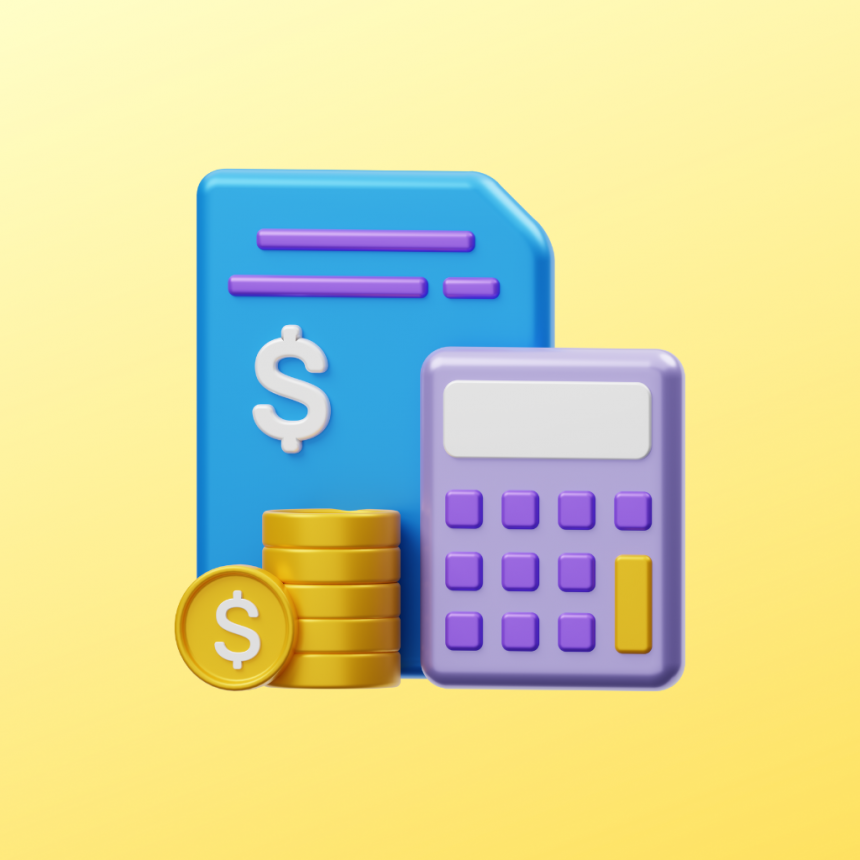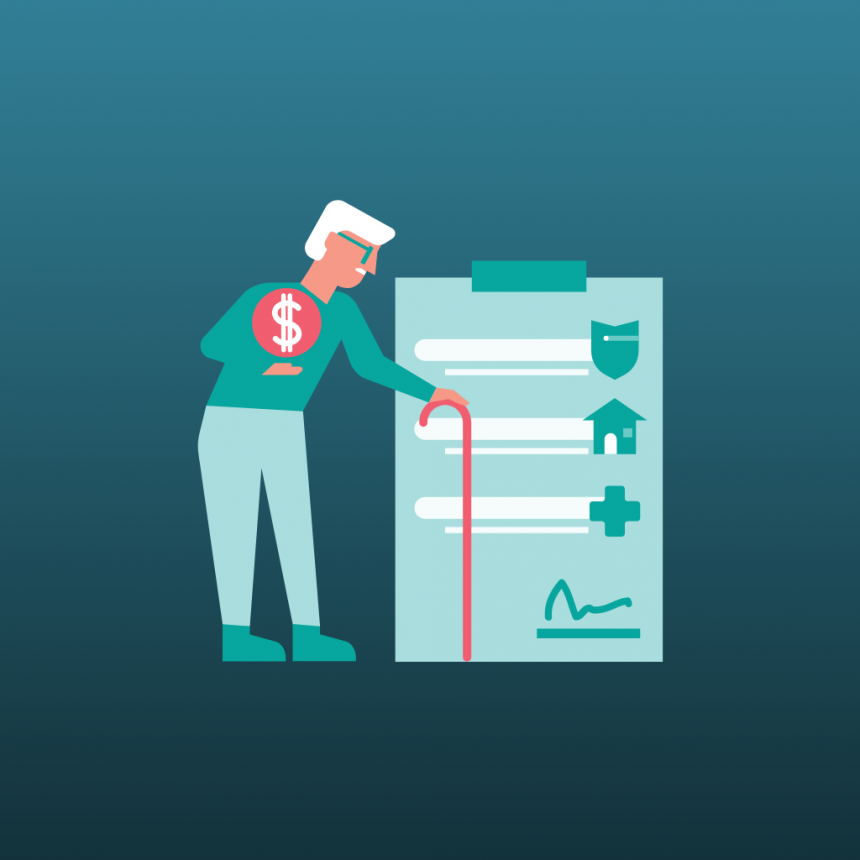
Creating a Budget: The Key to Financial Stability
Making and sticking to a budget is one of the most important things you can do to ensure your financial stability in the long run. A budget is a plan that specifies how you wish to spend your money on a regular basis and is usually done on a monthly basis. It is a tool that supports you in managing your finances, making financial goals, and confirming that you have the means to cover your expenses when you use it. By creating and adhering to a budget, you may regain control of your current financial situation and guarantee that you are setting aside sufficient income to fulfill your monetary goals.
When putting together a budget, the first step you need to take is to calculate how much money you bring in each month. This includes your standard paycheck as well as any part-time or freelance work that you do and any other potential supplementary income sources that you have. Next, you can begin to plan how you will utilize that money once you have established how much you can anticipate receiving on a monthly basis. This step comes after you have decided how much money you can expect to get each month.
The next step that you need to take is to compile an itemized list of all of your costs. This takes into consideration your monthly rent or mortgage payment, as well as your utility bills, grocery expenses, and transportation expenditures, in addition to any other recurring charges you have. Be sure that you take into consideration all of the variable costs, such as the price of gasoline, amusement, and clothing, among other things.
When you make a list of all of your income and expenses, you will have a clearer picture of how your money is being spent and where it is going. This will be of use to you in the process of selecting areas in which you may be able to minimize expenses in the future. You might, for instance, realize that you are spending an unreasonable amount of money on going out to eat and shopping for clothes. If you first identify these areas, you will be able to make modifications to your spending patterns and increase the amount of money you have saved.
The procedure of determining one's desired outcomes with regard to one's finances is an important component of budgeting. These goals can be set for either the short term or the long term, but regardless of their duration, they should be specific, measurable, and within reach. Putting money aside for a short-term goal such as a vacation or the purchase of a new vehicle is an example of a goal, whereas putting money aside for a long-term goal such as retirement or the purchase of a home is an example of an aim. The process of defining goals will assist you in remaining motivated and focused on the monetary outcomes you seek, which will ultimately get you closer to achieving those results.
Keeping track of your expenditures is another crucial component of budgeting, so make sure you do it! You will be successful in reaching this objective if you make use of either an application or a spreadsheet to keep track of all of your transactions, including both your income and your expenditures. You will have a much simpler time keeping track of where your money is going and making any required adjustments if you do this. In addition, it will help you keep going in the same direction and reach the financial goals you have set for yourself.
The establishment of a budget is not a one-time event but rather an ongoing process that needs to be watched, altered, and finished with self-control. Creating a budget is not a one-time activity but rather an ongoing process. It is crucial to the effectiveness of both keeping and adhering to a budget that you review your budget on a regular basis, especially after experiencing a change in either your income or your expenditures. This is especially true after experiencing a shift in both of these categories. You should also be able to modify and adjust your approach to difficulties that appear out of nowhere, such as an unexpectedly big bill or the loss of your job.
Another crucial aspect of budgeting is the process of formulating a plan for cutting costs and making savings. When it comes to achieving both short-term and long-term monetary goals, developing a plan for savings can be of tremendous assistance in achieving those goals. In addition to this, it can serve as a safety net in the event that unexpected expenses or occurrences take place.
Before you can create a strategy for saving money, you need to first determine why you want to put money aside and how much of that money you need to put away on a regular basis in order to reach your savings objectives. The second thing you should do is open a savings account that is separate from your checking account, and then you should make it a routine to transfer a certain amount of money from your checking account to your savings account on a monthly basis. This will be the next stage.
If increasing the amount of money you save is one of your financial goals, one strategy that can help you achieve this objective is to automate your savings. To accomplish this, you will need to set up a process by which money will be automatically transferred from your checking account to your savings account on a regular basis. You won't have to give it any consideration, and the money will be saved for you without any work on your part, so this is a win-win situation for you.
One such strategy is to place the highest priority on compensating oneself first. Before you pay any bills or make any other purchases, it is recommended that you move a certain amount of money from your checking account into your savings account first. By doing this, you can give yourself the peace of mind that comes with knowing that you are saving money, which enables you to do so before spending that money on other things.
In addition to having a spending plan and a strategy for savings, it is vital to work on paying off your debt. This should be done in conjunction with developing a spending plan. Your capacity to reach your financial goals may be limited by high levels of debt, which may also contribute to emotions of stress and financial instability. If you have significant amounts of debt, you may also find that you are unable to achieve your financial goals. The first thing you need to do in order to get a handle on your debt is identify the different types of debt you are carrying, such as debt from credit cards, loans from educational programs, or a mortgage. The next thing you need to do is devise a plan for paying off the debt that bears the highest interest rate first, while at the same time making sure that you continue to make the minimum payment requirements for the other commitments that you owe.
You can also consolidate your debt by taking out a personal loan with a lower interest rate or by transferring the balances on your credit cards to cards with lower interest rates. Either of these options is another way to minimize the amount of interest you are paying on your debt. Both of these possibilities are strategies to cut down on the total amount that it will cost you to pay off your debt.
Refraining from taking on any new responsibilities is among the most efficient ways to bring down existing debt levels. This entails keeping a strict eye on your spending and only using credit facilities when it is completely necessary to do so. It also involves controlling your expenditures and staying within your financial means rather than going into debt.
To recap, one of the most important steps toward achieving financial stability is to develop a comprehensive financial plan. This plan should include a budget, a savings strategy, and a strategy for paying down debt. If you first determine your financial goals for yourself, then keep a careful watch on your spending, and finally make any necessary adjustments, you will be able to regain control of your financial situation and accomplish your financial goals. It is essential to keep in mind that the process of making a budget is a constant endeavor that requires self-control as well as determination. You can reach a point in which your financial situation is secure and you have mental peace if you are equipped with the appropriate tactics and instruments.





